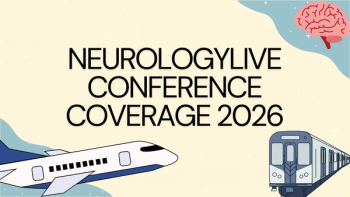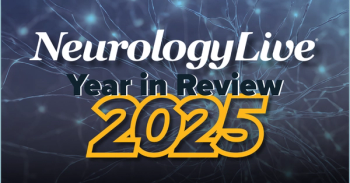
Fremanezumab Effective in Refractory Episodic and Chronic Migraine
Data from the phase 3b FOCUS trial demonstrates fremanezumab’s superior efficacy and tolerability in the prevention of migraine.
Fremanezumab (Ajovy: Teva) is effective for migraine prevention and well-tolerated in patients with refractory migraine who previously failed up to 4 classes of migraine preventives, according to the full results of the phase 3b FOCUS clinical trial (NCT03308968) published in Lancet.
The fully humanized calcitonin gene-related peptide (CGRP) antibody was
The FOCUS trial sought to examine the efficacy and safety of fremanezumab in adults age 18 to 70 with episodic or chronic migraine who had at least 2 documented treatment failures with other migraine preventives. Reasons for failure were defined as no clinically meaningful improvement after 3 months of treatment; discontinuation due to tolerability; or treatment contraindication. Participants in the study (N=838) with episodic (n=329) or chronic (n=509) migraine were randomly assigned to receive placebo (n=279), quarterly fremanezumab (n=276), or monthly fremanezumab (n=283) for 12 weeks. The primary outcome measure was mean change from baseline in monthly average number of migraine days during the treatment period.
Over the course of treatment, average reductions from baseline in monthly migraine days were greater with quarterly fremanezumab (least squares mean [LSM] change −3.7 [0.3]; LSM difference vs placebo −3.1; 95% CI, −3.8 to −2.4; P <.001) and monthly fremanezumab (LSM change −4.1 [0.34]; LSM difference vs placebo −3.5; 95% CI, −4.2 to −2.8; P <.001) versus placebo (LSM change −0.6 [SE 0.3]). Notably, significant treatment benefit was recorded in both the quarterly and monthly treatment groups as early as 4 weeks after the start of dosing (P <.001 for both).
Compared to placebo, 34% of patients in both the quarterly and monthly groups achieved a 50% or greater response versus placebo (9%). The treatment groups also showed a statistically significant reduction in the average number of days per month for use of any acute headache medication and migraine-specific acute medication (triptans or ergot compounds; P <.001 for both), as well as a significantly greater reduction in the monthly average number of days with migraine symptoms, including nausea, vomiting, photophobia, and phonophobia versus placebo (P <.001).
The most common adverse events across all groups were injection-site erythema, injection-site induration, and nasopharyngitis. Serious adverse events occurred in 6 patients in the treatment groups, though they were not treatment-related.
Fremanezumab is the second anti-CGRP agent to be approved for migraine prevention, joining erenumab and galcanezumab. Eptinezumab is pending regulatory review, and if approved, will be the first infusion-based therapy in the class.
This content originally appeared on
References:
Ferrari MD, Diener HC, Ning X, et al. Fremanezumab versus placebo for migraine prevention in patients with documented failure to up to four migraine preventive medication classes (FOCUS): a randomised, double-blind, placebo-controlled, phase 3b trial. Lancet. Published online August 16, 2019. Doi: 10.1016/+S0140-6736(19)31946-4.
Newsletter
Keep your finger on the pulse of neurology—subscribe to NeurologyLive for expert interviews, new data, and breakthrough treatment updates.









